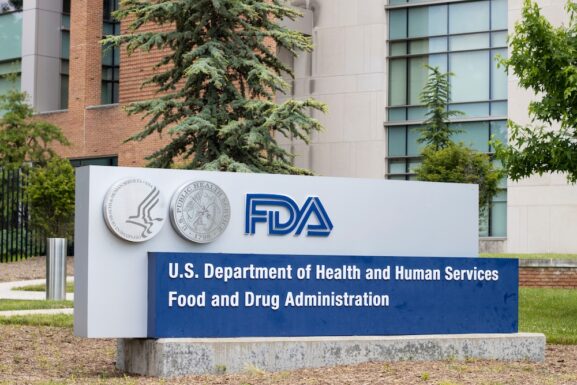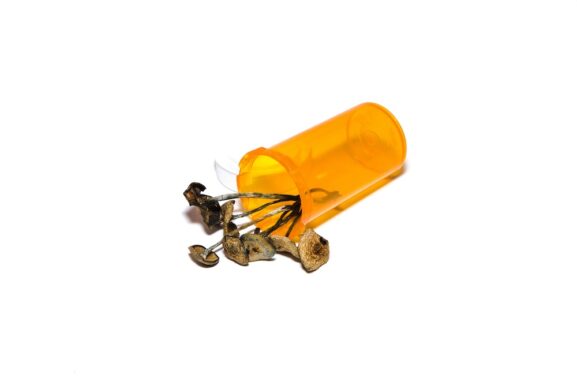Navy SEAL Who Killed bin Laden Says Psychedelics Helped Save His Life
Robert J. O’Neill, the Navy SEAL who took part in the raid that killed Osama bin Laden, is speaking out about his struggle with post-traumatic stress disorder and how psychedelic-assisted therapy helped him recover. In a recent interview with Tucker Carlson, O’Neill credited substances like ibogaine and 5-MeO-DMT with helping him overcome depression, trauma, and heavy drinking.
New: Interested in Being Part of a Psychedelics-Focused Clinical Trial? Sign Up Here
The conversation adds a new voice to the growing national debate over whether psychedelic therapy should become more widely available to veterans and others with treatment-resistant conditions.
| Key Takeaways | Details |
|---|---|
| O’Neill’s endorsement | He says psychedelic therapy was the only thing that helped after years of struggle |
| Substances used | Ibogaine and 5-MeO-DMT, both administered in a controlled therapeutic setting |
| Previous struggles | PTSD, alcoholism, and suicidal thoughts |
| Timing of treatment | Traveled to Mexico for therapy in 2022 |
| Policy backdrop | Veterans’ groups and lawmakers are pushing for federal psychedelic research funding |
| Cultural impact | A prominent war hero publicly endorses psychedelics as mental health treatment |
Looking for treatment? Find ketamine clinics closest to you as well as other psychedelic therapies in your area.
A Turning Point in the Psychedelics Debate
O’Neill’s remarks come as more veterans are turning to psychedelic therapy, often outside the United States due to legal restrictions. He described seeing his trauma “disappear” and feeling like he “met God” during the sessions. He says the experience allowed him to release years of buried grief and fear.
“I’ve seen guys try to drink their way out of [PTSD], which is horrible,” he said. “The alcohol doesn’t help but the psychedelics do. And that’s why they’re not legal here: because it works. I don’t know why they won’t help the veterans with that.”
These are not isolated accounts. In recent years, groups like Veterans Exploring Treatment Solutions and the Heroic Hearts Project have drawn attention to the therapeutic potential of psychedelics. Clinical trials at major universities have also reported promising results.
“It gets in your brain. It shows you stuff. And it kind of cleans out the closet,” O’Neill said.
Support Grows but Hurdles Remain
Despite growing bipartisan interest, most psychedelic substances remain Schedule I drugs under federal law. That means they are considered to have no medical use, despite growing scientific and anecdotal evidence to the contrary. Lawmakers have introduced bills to expand research, but progress is slow.
O’Neill’s voice adds weight to the argument. A figure celebrated in military circles, his willingness to share deeply personal struggles may help break stigma. It may also push others with influence to take a closer look.



